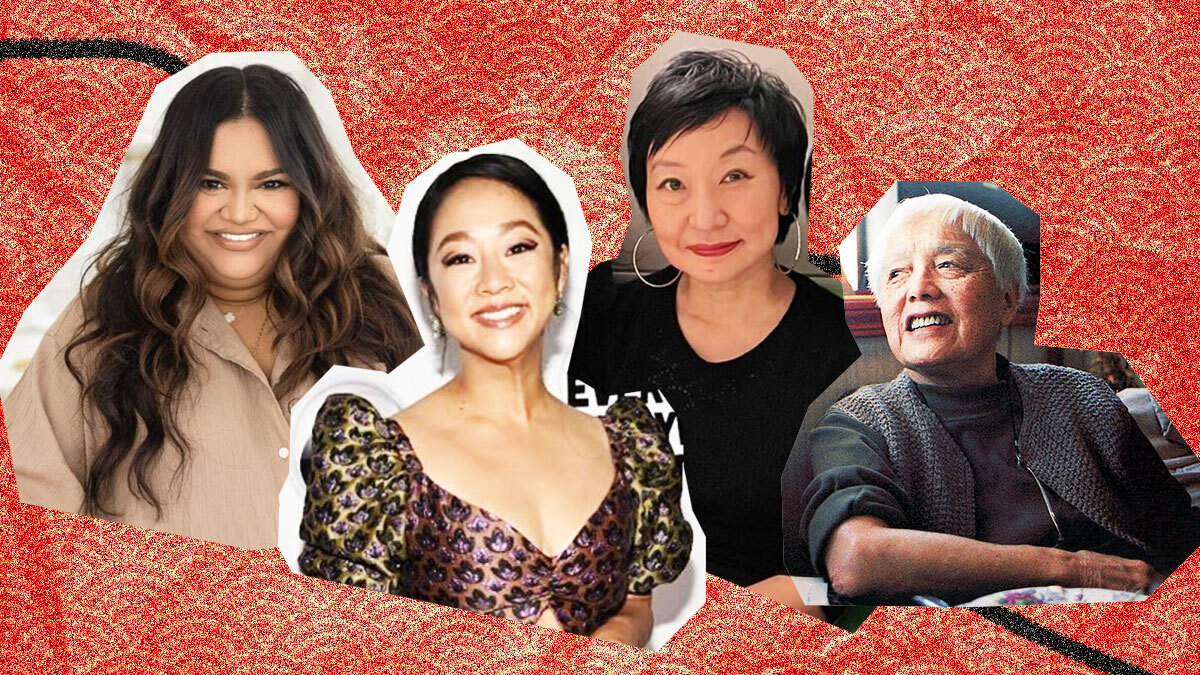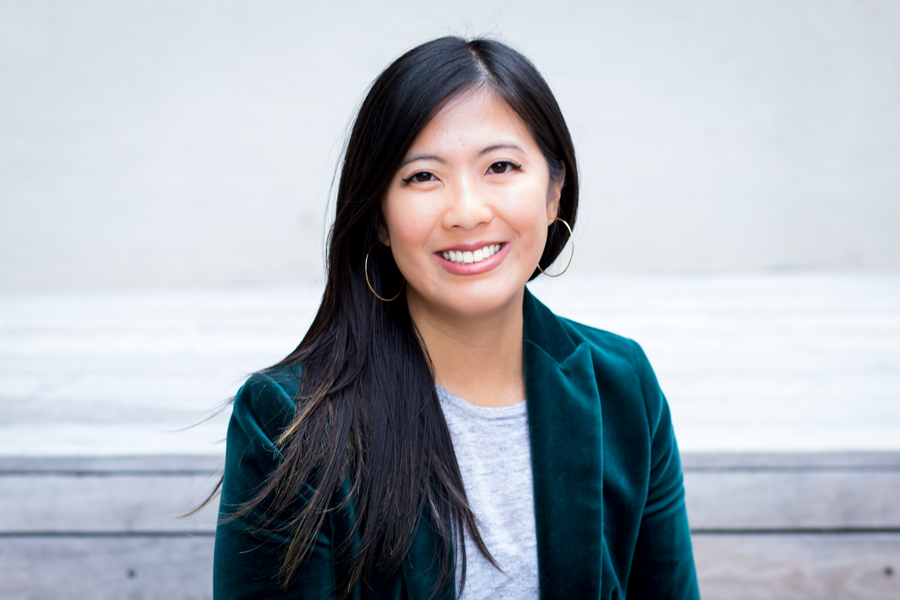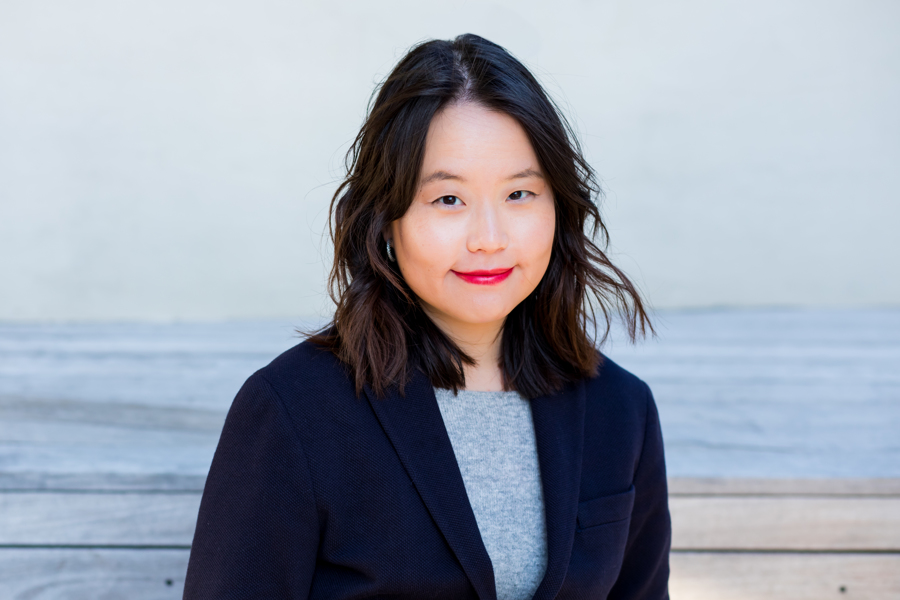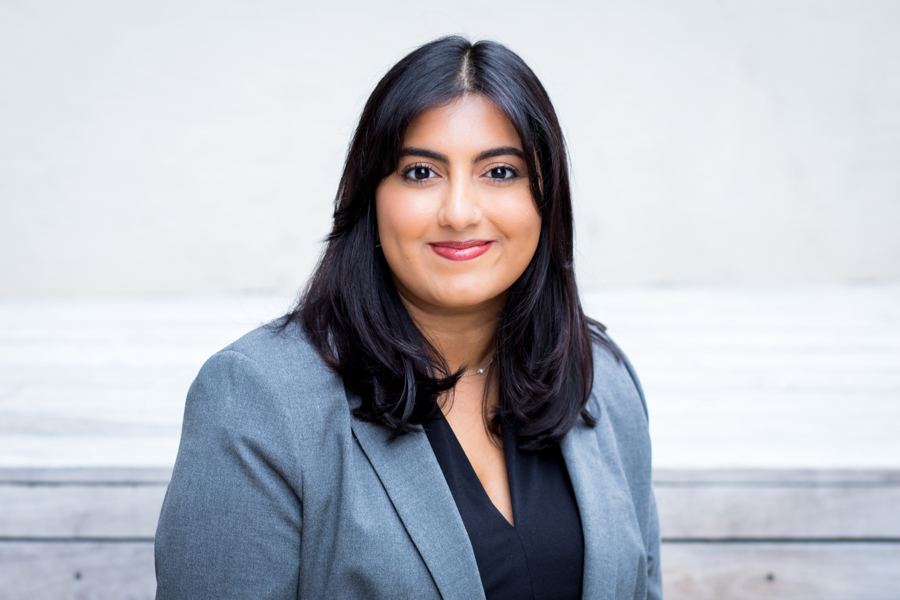Abortion rights, women of color, and LGBTQIA+ people are under attack. Pledge to join us in fighting for gender justice.
Tributes to the AANHPI Women We Love

Stephanie Hsu
By Selina Tran
I know Stephanie Hsu has already gotten a lot of attention and praise for her work in my fave Everything Everywhere All at Once. But I want to spend some time on why Stephanie Hsu’s roles in mainstream media are so important. Her role in Everything Everywhere as a queer daughter of immigrant parents of course is iconic, but I first came across Stephanie Hsu in The Marvelous Mrs. Maisel. And let me tell you, it’s so nice to see some Chinese representation in a series set in the late 1950s and early 1960s. Rarely do you see period pieces with Asian representation. And while Mrs. Maisel isn’t perfect in the way it portrays Hsu’s character Mei Lin and her family, it was so refreshing to see a Chinese character in a period piece that has a 1950’s New York accent and that is a main love interest who is strong, smart, and more than a sidekick. Stephanie Hsu is someone who is pursuing a career in an industry where, as Hsu’s mom has pointed out, “How can you be an actress? There’s no one that looks like you!” But because of her, there are people that look like me on screen and I’m so grateful.
Grace Lee Boggs
By Uzma Chowdhury
As the daughter of multiple ancestral indigenous and colonizing Asian cultures, from what is now Iran, to what is now Pakistan, India, and Bangladesh, I have always been confused by what it means to be Asian, especially in an anti-Black world. This year, Florida schools are being required to teach Asian American and Pacific Islander history at the same time as critical race theory, and specifically accurate Black history, is being banned. I am reminded more than ever of the incredible work of Chinese American activist Grace Lee Boggs, whose work and message has always reminded me to be smarter, more loving, and more deep thinking about how the work of racial justice must necessarily critique the model minority myth that attempts to further separate Black and non-Black movements by dividing and prioritizing certain groups over others.
Her work has been defined by a dedicated dialectical approach—relentlessly asking questions and peeling back historical layers to understand the root causes of social injustice. She reminds me that praxis without theory is just renaming historical harms and giving them new life and new disguises. She also reminds me, every single day, that theory without praxis is self-indulgent, and we must make real change, for real people, with the truths we are committed to uncovering. Her work listening to and learning from Black activists resulted in her organizing within the Black power movement alongside leaders such as Malcolm X, and building towards collective movements against the racially oppressive systems that pit communities against each other towards another, more racially just world. She reminds me of my own North Star—if our activism doesn’t include every single one of my human and non-human kin, if it leaves a single one of them behind in our journey to better lives, then I don’t want it. She reminds me that I have to constantly read, learn, and work, to untangle the web of injustices that brought us to this moment. She reminds me that being critical is an act of love, because I want so much better for all of us because we deserve the best.
Whenever I feel desperate or hopeless at the fractured state of the world, I turn to Grace Lee Boggs, who reminds me that “another world is possible, another world is necessary, another world is happening… and the only way to survive is by taking care of one another.” I turn to her, and I take another step towards that world with my community, guided by ancestors like her, because another world is necessary, and we are building it each day. I take care of myself, I take care of my community, and I let my community take care of me, and in that moment, I remember what that world will feel like. Thank you, Grace Lee Boggs. May you rest in power, may you rest in love, and may you rest in hope.
Cathy Park Hong
By Da Hae Kim
After I finished reading Minor Feelings by Cathy Park Hong, I immediately texted my sister, “You HAVE to read this. It’s literally about our lives.” I first read the collection of essays during the height of anti-Asian hate (or at least when anti-Asian hate was more public and overt). From the most minute details of owning a thin lavender mechanical pencil with a Hello Kitty bauble attached (mine had a generic flower bauble) to the searing history of Western Imperialism, Hong laid bare the scatterbrained thoughts I have long felt but struggled to put into words.
Hong does not spare anyone—in her essays, Asian Americans are not bootstrap heroes or soft-spoken victims. While she clinically points out the global and personal trauma we hold, she holds us accountable for our role in being complicit with a racist, Imperialist, and Capitalist system.
By doing so, she fleshes out the “us,” not as American Dream tropes or stereotypes, but as fully formed and unapologetic selves who should and must link with other historically marginalized communities to break the systems that hold us.
It is no accident that her last essay ends with these words, “[w]e were always here.”
Nabela Noor
By Asma Akram
Growing up it was always hard for me to relate to celebrities or public figures. Don’t get me wrong, as an Indian and Pakistani woman I was into Bollywood, however, the beauty standards were unattainable and unreasonable. Being surrounded by this and Western culture, I constantly criticized myself for not fitting into a box, for having hips, and the list goes on. I really needed to give myself more grace and in high school, I was lucky to come across Nabela Noor on YouTube. She was the first public figure I really felt connected to and began to realize that these beauty standards are bupkis.
Nabela is a first-generation Bangladeshi American creator, entrepreneur, and self-worth advocate who got started on YouTube sharing her makeup tutorials and content. Nabela gained a lot of popularity, and it opened a lot of doors for her. As she became more and more popular, she used her platform to talk about her self-love journey as a South Asian and plus-size woman which helped tons of people finally feel represented in the media. Her brand grew even more and Nabela launched a scholarship program and a few businesses, including an inclusive clothing line, Zeba.
I love how she uses her platform to advocate for others and uplift voices that are not always heard, but I also love her openness with her fans. She has been very open about her challenges growing up first generation, which makes me feel seen about some of the challenges I faced growing up. She’s even open about her fertility journey and how difficult it was, but she wanted to openly talk about it to provide comfort to others who experienced similar things. Through her Pockets of Peace series, she shares appreciation for small moments and gives insight into her everyday life. Her platform is so impactful, and it warms my heart thinking about all the South Asian women and girls who feel represented by her work.
As I continue to grow and get older, I am grateful that I stumbled across her YouTube channel and will continue to build on my self-worth journey and dream big!



